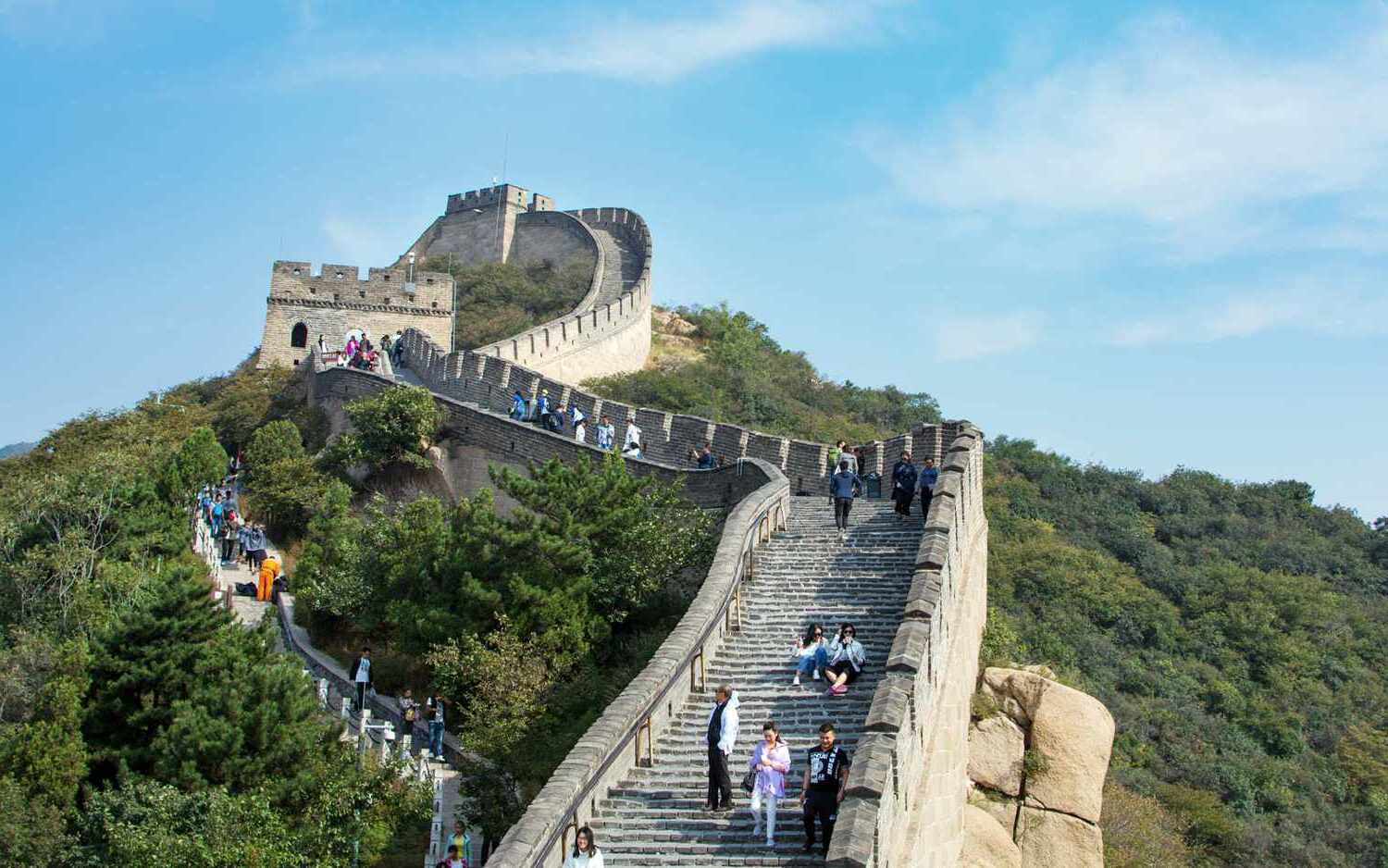
The Sui Dynasty might not be as famous as the Tang or Song Dynasties, but it played a crucial role in shaping Chinese history. Lasting from 581 to 618 AD, this short-lived dynasty achieved remarkable feats that left a lasting impact. Ever wondered who built the Grand Canal or unified China after centuries of division? The Sui Dynasty did both! They also laid the groundwork for the flourishing Tang Dynasty that followed. From monumental construction projects to significant military campaigns, the Sui Dynasty's contributions are both fascinating and essential to understanding China's rich past. Ready to dive into 29 amazing facts about this influential era? Let's get started!
The Rise of the Sui Dynasty
The Sui Dynasty, though short-lived, played a crucial role in Chinese history. Here are some fascinating facts about this influential period.
-
The Sui Dynasty lasted from 581 to 618 AD. Despite its brief existence, it laid the groundwork for the subsequent Tang Dynasty.
-
Yang Jian founded the Sui Dynasty. He was a Northern Zhou general who seized power and declared himself Emperor Wen.
-
Emperor Wen was known for his strict legalism. His policies aimed to centralize power and reduce corruption.
Major Achievements of the Sui Dynasty
The Sui Dynasty is remembered for several significant accomplishments that shaped China's future.
-
The Grand Canal was one of the Sui Dynasty's greatest achievements. It connected the Yellow River and the Yangtze River, facilitating trade and transportation.
-
The Sui Dynasty reformed the Chinese legal system. These reforms aimed to create a more uniform and fair judicial process.
-
Standardized coinage was introduced. This helped stabilize the economy and promote trade.
Military Campaigns and Expansion
The Sui Dynasty was also marked by ambitious military campaigns and territorial expansion.
-
The Sui Dynasty attempted to conquer Korea. These campaigns, however, were largely unsuccessful and drained the empire's resources.
-
The Sui military was known for its discipline and organization. This helped them maintain control over a vast territory.
-
The Great Wall was extended during the Sui Dynasty. This was part of their efforts to defend against northern invaders.
Cultural and Religious Developments
The Sui Dynasty also saw significant cultural and religious developments.
-
Buddhism flourished during the Sui Dynasty. Emperor Wen was a devout Buddhist and promoted the religion throughout the empire.
-
The Sui Dynasty saw the construction of many Buddhist temples. These temples became centers of learning and culture.
-
Confucianism was also promoted. This helped reinforce the social hierarchy and the importance of family.
The Fall of the Sui Dynasty
Despite its achievements, the Sui Dynasty eventually fell due to several factors.
-
The Sui Dynasty fell due to overextension. Their ambitious projects and military campaigns drained the empire's resources.
-
Rebellions broke out across the empire. These uprisings were fueled by heavy taxation and forced labor.
-
Emperor Yang's extravagant lifestyle contributed to the dynasty's downfall. His excessive spending and harsh policies alienated many of his subjects.
Legacy of the Sui Dynasty
The Sui Dynasty's legacy continued to influence China long after its fall.
-
The Tang Dynasty built upon the Sui Dynasty's foundations. Many of the Sui's reforms and projects were continued and expanded by the Tang.
-
The Grand Canal remained a vital part of China's infrastructure. It continued to facilitate trade and communication for centuries.
-
The Sui Dynasty's legal reforms influenced later Chinese law. These reforms helped create a more consistent and fair legal system.
Interesting Tidbits
Here are some lesser-known facts about the Sui Dynasty that might surprise you.
-
Emperor Wen was originally a Buddhist monk. He left the monastic life to pursue a career in politics and eventually became emperor.
-
The Sui Dynasty's capital was Daxing. This city later became known as Chang'an, one of the greatest cities in Chinese history.
-
The Sui Dynasty used a merit-based system for government appointments. This helped reduce corruption and ensure that officials were qualified.
-
The Sui Dynasty's legal code was one of the most comprehensive in Chinese history. It covered everything from criminal law to family law.
-
Emperor Wen's wife, Empress Dugu, was a powerful and influential figure. She played a significant role in the administration of the empire.
-
The Sui Dynasty's military campaigns against the Turks were largely successful. These campaigns helped secure the empire's northern borders.
-
The Sui Dynasty's bureaucracy was highly centralized. This helped the emperor maintain control over the vast empire.
-
The Sui Dynasty's agricultural policies helped increase food production. These policies included land redistribution and improved irrigation systems.
-
The Sui Dynasty's education system was based on Confucian principles. This helped promote literacy and learning throughout the empire.
-
The Sui Dynasty's art and architecture were heavily influenced by Buddhism. This included the construction of many beautiful temples and statues.
-
The Sui Dynasty's fall marked the end of a period of disunity in China. The subsequent Tang Dynasty ushered in a new era of prosperity and stability.
The Sui Dynasty's Lasting Impact
The Sui Dynasty may have been short-lived, but its influence on Chinese history is undeniable. From the Grand Canal to the reunification of China, the Sui laid the groundwork for future dynasties. Their ambitious projects, though costly, showcased their vision for a unified and prosperous empire. The dynasty's administrative reforms streamlined governance, setting a precedent for efficient rule. Despite their fall due to overextension and rebellion, the Sui's legacy lived on, influencing the Tang Dynasty and beyond. Their story is a testament to the power of ambition and the complexities of empire-building. Understanding the Sui Dynasty offers valuable insights into the ebb and flow of history, reminding us that even brief periods can leave a lasting mark. So next time you think of ancient China, remember the Sui and their remarkable contributions.
Was this page helpful?
Our commitment to delivering trustworthy and engaging content is at the heart of what we do. Each fact on our site is contributed by real users like you, bringing a wealth of diverse insights and information. To ensure the highest standards of accuracy and reliability, our dedicated editors meticulously review each submission. This process guarantees that the facts we share are not only fascinating but also credible. Trust in our commitment to quality and authenticity as you explore and learn with us.


